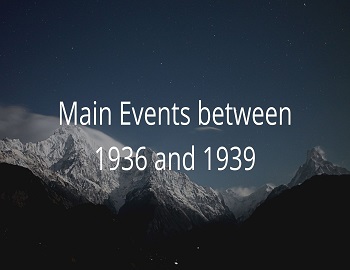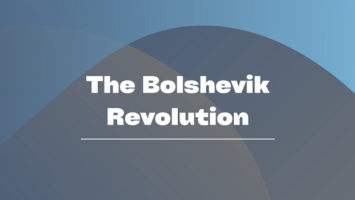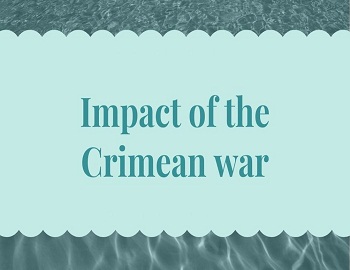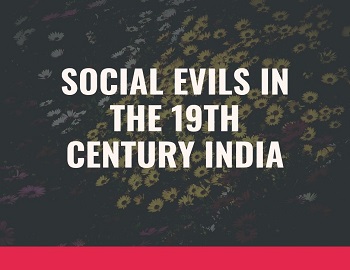Main Events between 1936 and 1939 which created conditions For Second World War:
From 1936 onwards events began to move at such a rapid speed that in 1939 there started, what is known as the Second World War, some of the main events which took place between 1936 and 1939 A.D. are the following-
- Italian Invasion of Ethiopia, 1935-36- In 1935, Italy under the leadership o Mussolini, invaded Ethiopia. The League of Nations criticized Italy and even decided to use economic sanctions against her. But even then, Italy had conquered the whole of Ethiopia by 1936.
- The Spanish Civil War, 1936-39- In 1936, the Popular Front comprising the Communists, Socialists and other leftist and anti-fascist parties came to power in Spain. But, a section of the army under General Franco raised a revolt against the Government. Germany and Italy openly supported the cause of General Franco and openly conducted air raids on Spanish towns and villages. The conflict assumed an international significance but, even then, the fascist forces under the leadership of General Franco succeeded in destroying the Spanish Republic. The success of fascist forces gave a great fillip to the anti-democratic and pro-fascist forces which ultimately encouraged these forces to initiate another world war.
- Occupation of Austria, 1938- The idea of a unification of all German-speaking people under one flag, Anschluss, had been an idea that had existed since the end of the Holy Roman Empire in 1806. Hitler fantasized the same as a Greater German Reich that would unite all German peoples of the former empire that it lost in the First World War. Seizing Austria as it had the bulk of the German population was the first step in realizing that pan-Germanic dream. Hitler supported Nazi agitation within Austria. Austrian chancellor was pressurized by Germany to appoint a Nazi minister and forced him to conduct foreign affairs at Germany’s dictation. In 1938, German troops crossed into Austria to establish de-facto control of the country. A rigged referendum a few weeks later formally ratified that more than 99 per cent in Austria have favoured unification with Germany.
- The Invasion of Poland, 1939- Poland had been declared an independent kingdom according to the decision taken in the Paris Peace Conference. A Polish corridor was also created through Germany in order to join Poland with the sea coast. It ran up to the port of Danzig. This decision was also against the prestige of Germany. Hitler assured his countrymen to reestablish the lost glory of Germany. The establishment of Greater Germany was the fundamental aim of Hitler’s foreign policy. He considered his right over all those countries where German resided. For this purpose, he adopted aggressive policy and launched several attacks on different countries of Europe. He captured the provinces of Rhine, Austria and Czechoslovakia and established the Rome-Berlin-Tokyo Axis. Having taken Memel, Hitler made a plan for an assault upon Poland. He demanded that Danzig should be annexed to the German Empire immediately because the inhabitants of this territory were mostly Germans. He also demanded that the Polish corridor should be immediately ceded to Germany. Up to this time, England and France adopted the policy of appeasement towards Hitler and Mussolini. They made several efforts to appease the dictators instead of preventing their increasing power collectively. Poland clearly refused the demands of Hitler. As a matter of fact, Poland fully depended upon the military support of England and France. The British government gave up the policy of appeasement and announced that Great Britian would come to the rescue of the Polish government in the event of aggression on Poland. But Hitler did not care for the declaration of the British government and invaded Poland on September 1, 1939. As Great Britian was bound to help Poland, she declared war against Germany on September 3. Thus, the Second World War broke out in 1939.









Comments (No)